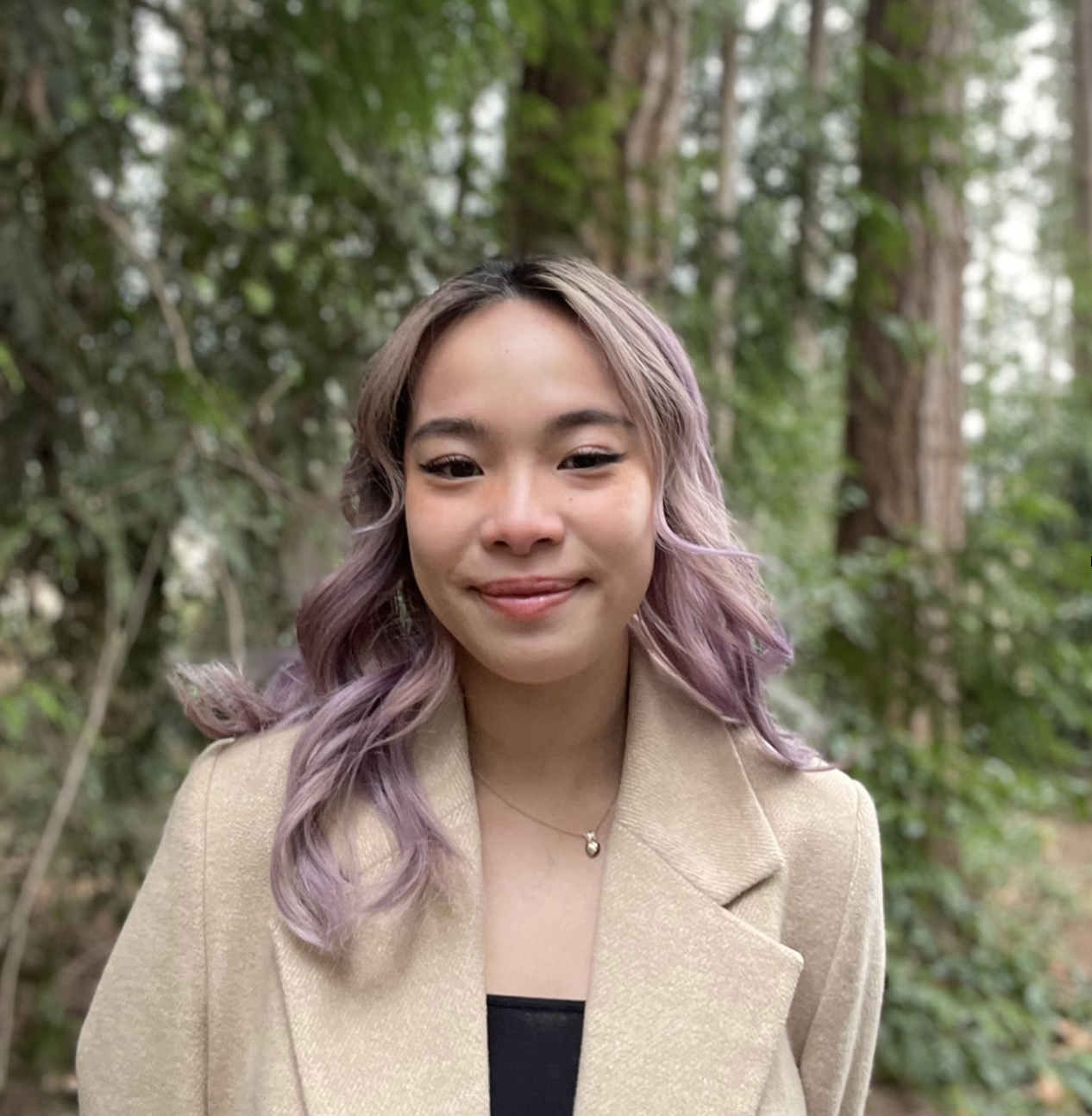

Sociology Honours student Yvonne Liang
Yvonne Liang is a Sociology Honours student in her 5th year at the University of British Columbia with a minor in Law and Society. Her Honours thesis focuses on immigrant families’ helicopter parenting and the perception of independence for second-generation university students.
Currently, Yvonne is working with Professor Aryan Karimi to explore if helicopter parenting helps second-generation Asian Canadians to become the ideal citizen according to the Model Minority or if it only hinders their sense of independence. Yvonne’s project seeks to contribute to the sociology of migration and the research on second-generation Asian Canadians’ integration experience.
We spoke to Yvonne about her research.
What was your project about? What are the main takeaways from your work?
My project seeks to examine helicopter parenting and the perception of independence among second-generation university students. Helicopter parenting describes the practice where parents actively monitor their children by enforcing protection and control over them and their activities. My project draws on literature about assimilation theory, segmented assimilation and the model minority myth to explore the motives for helicopter parenting and its use among different Asian families. In particular, I am interested in whether it is used to mold second-
generation children into the ideal citizen according to Model Minority principles and whether it hinders the second-generations’ sense of independence. My findings suggest that helicopter parenting may be more prevalent among East-Asian immigrant families compared to other families, and this results in a diminished sense of autonomy among their children.
How did you get interested in this topic?
As a second-generation university student myself, I have always compared my educational and personal journey to my peers. I began to notice trends with my second-generation friends to feel pressure to succeed and stronger constraints from family members when deciding their academic pathways, sparking an interest in the relationship between ethnicity, assimilation experience and autonomy. Upon examining the scholarship on the issues, I realized that there was a significant knowledge gap, hence, I decided to explore the relationship between parenting styles and their influence on the child’s perception of independence.
What was the most difficult part of this learning journey? What was most satisfying?
The most difficult part of my learning journey was the initial steps of the writing process. After brainstorming, I had many ideas and concepts that I wanted to articulate, but I had a difficult time trying to succinctly decipher my thoughts onto paper. However, because of these initial difficulties in the writing process, when the paper actually started coming together, it felt extremely satisfying knowing that I produced this knowledge and that I was making something tangible for others to understand.
What skills did you develop or strengthen as a result of this project?
My research is quantitative so I got to experience working analytically by examining trends and patterns in my research. As such, I got to develop my skills in quantitative research that I otherwise may not have had the opportunity to do so in other projects.
What was your experience working with Sociology faculty on this project?
I am truly grateful to my supervisor Dr. Aryan Karimi, under his supervision, he guided me through my research and supported me immensely on this project. Additionally, the Honours Chair, Dr. Oral Robinson was extremely supportive of the Honours program and constantly cheered us on, giving us a space to de-stress and rant about our projects.
How will you likely use what you learned in the future?
During my time at UBC, I have worked for several co-ops in the government and I believe the Sociology Honours program has helped me gain research and critical writing skills that are transferable in my future occupation. Additionally, I hope to continue my Sociology journey in graduate school after a gap year. I feel that the Sociology Honours has prepared me for any obstacles that I may encounter in the future.


